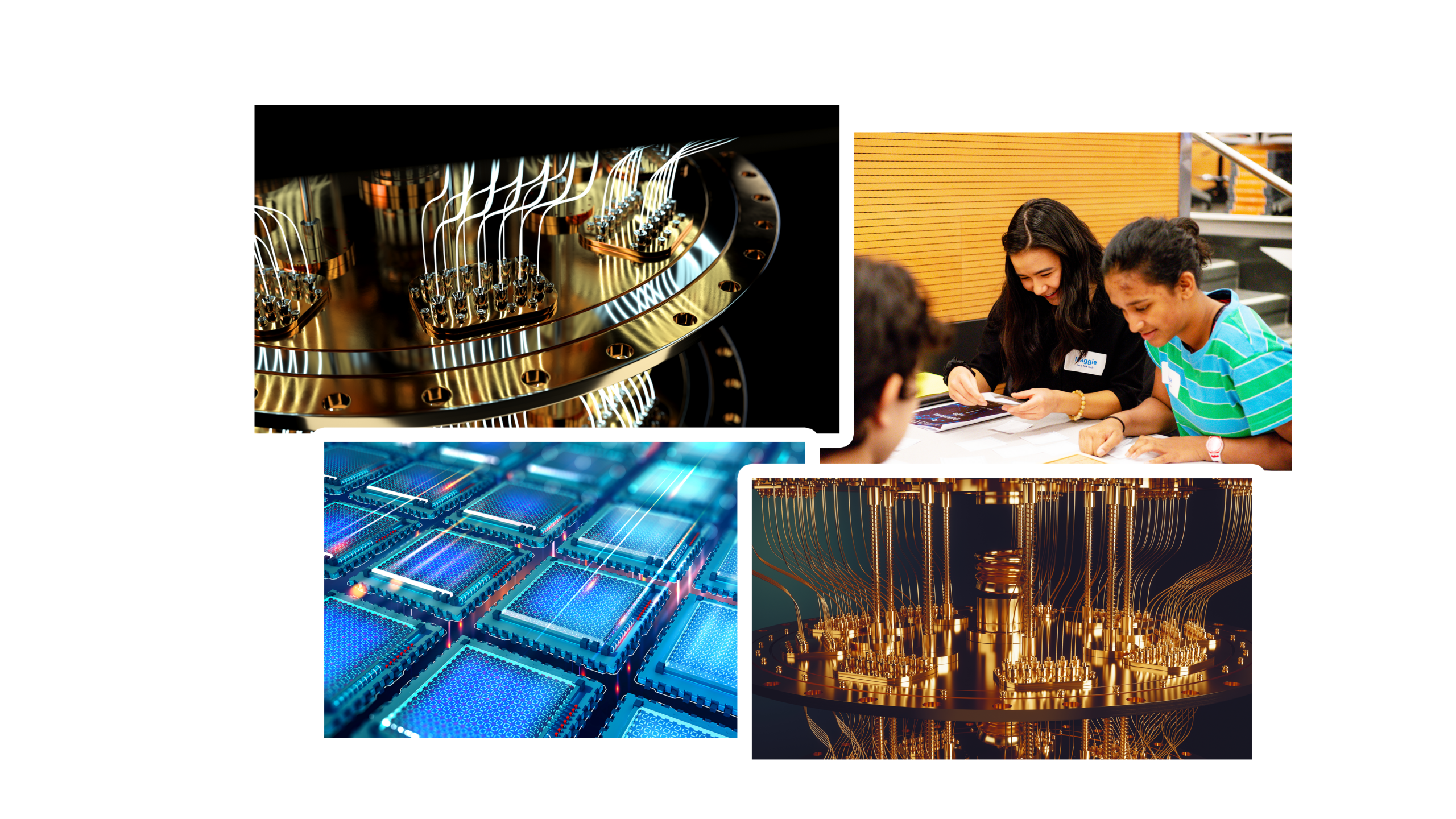WE LOVE QUANTUM SCIENCE…
… And we want to share our excitement with you!
In order to make research in quantum materials and technology more accessible, our outreach team – comprised of students, faculty, and staff – works with our communities to share our passion for quantum science. Our team is collaborative, working with educators, K-12 students, and the general public to help our audiences learn more about the science. We are particularly interested in reaching youth who may one day want to pursue a career in quantum research or technology fields, and we work diligently to engage talented students from all types of backgrounds.
At Blusson QMI, we believe in training scientists in public communication and helping them to build the skills and confidence to engage with the science enthusiasts from all walks of life. By conceptualizing outreach as a process, like scientific teaching or science itself, we are working to establish mutual trust and understanding between scientists and the public.
Our aim is to lead a dialogue by implementing programs with a broad community impact.
Educators, students, and community groups interested in collaborating with us on outreach projects are encouraged to contact us for new opportunities and collaborations. If you are science teacher or school a principal interested in enriching your science teaching by hosting experiments conducted by our graduate students, please contact our Research Operations Facilitator, Alex Anees, at alex.anees@ubc.ca.
